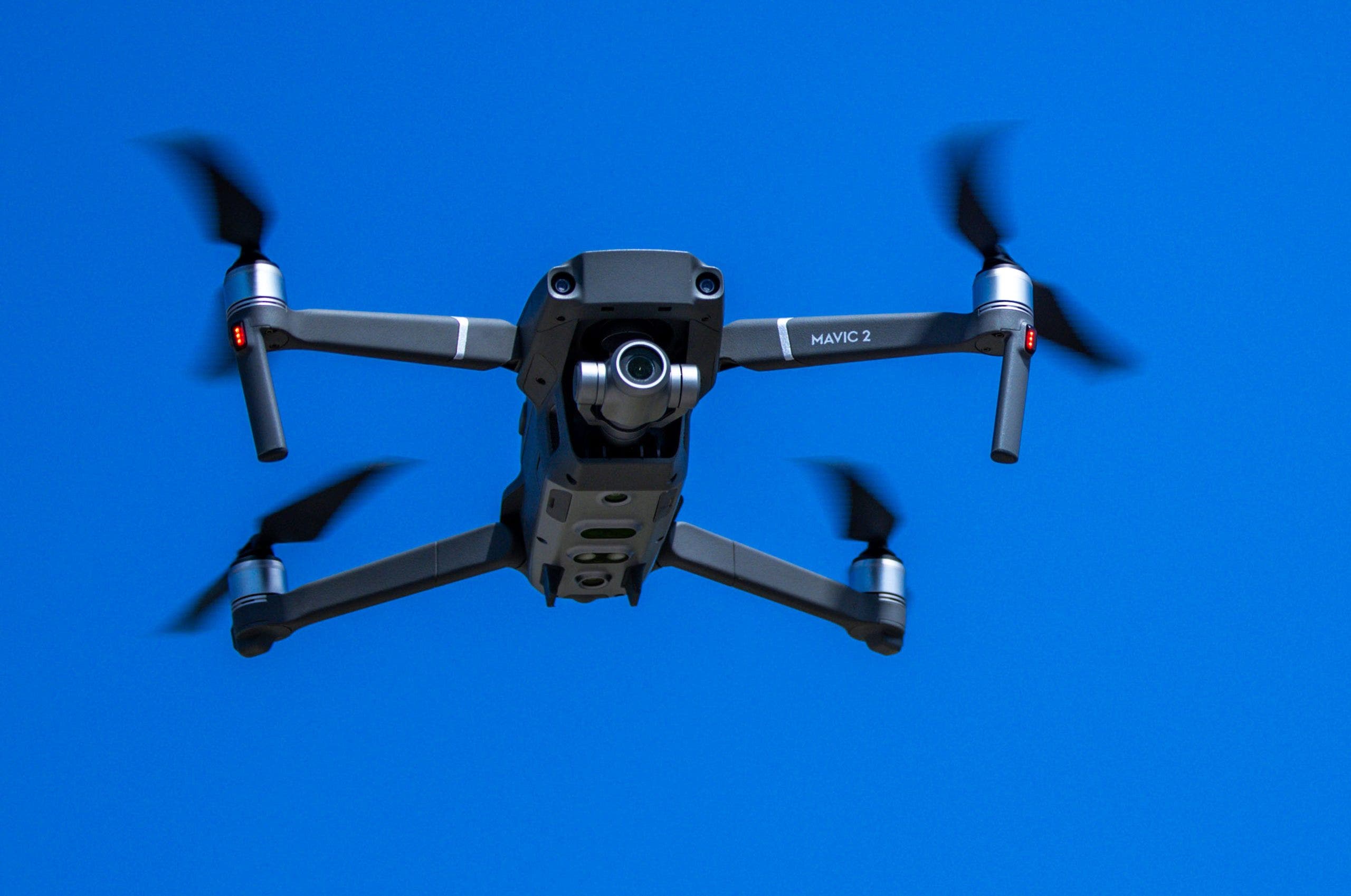Drones over US bases were conducting surveillance: NORTHCOM General

A senior U.S. Northern Command (NORTHCOM) official recently revealed that some of the 350 drones that flew over military installations and sensitive areas last year may have been conducting surveillance. U.S. Air Force Gen. Gregory Guillot, who serves as the commander of NORTHCOM and North American Aerospace Defense Command (NORAD), provided this information during a Senate Armed Services Committee Budget hearing.
The drones were spotted flying over various parts of the country, with a notable concentration in New Jersey. They were also observed flying over military installations such as Joint Base Langley, Wright-Patterson Air Force Base, and Vandenberg Space Force Base.
During the hearing, Sen. Tom Cotton, R-Ark., questioned Guillot about the threats posed by these unmanned aircraft to military operations, facilities, and personnel. Guillot emphasized that the primary risk associated with these drones lies in their potential to conduct surveillance of sensitive capabilities on military installations. He disclosed that there were 350 drone detections reported last year across 100 different military installations with varying levels of security.
Guillot further explained that base commanders at sensitive sites, including nuclear bases, have the authority to protect their airspace from drone incursions. However, he acknowledged that only about half of the bases possess the necessary capabilities to defend themselves against drones, which raised concerns for Sen. Cotton.
Additionally, Sen. Cotton highlighted reports of Mexican cartels using drones equipped with explosives against U.S. Border Patrol agents at the southern border. He inquired about the Department of Defense’s authorization to share information about drone incursions with the Department of Homeland Security and other border patrol agencies, to which Guillot confirmed the necessity of such authorization.
Guillot advocated for an expansion of military capabilities in dealing with drones, particularly in enhancing base protection and facilitating seamless data exchange with other government agencies regarding drone activities.
The White House recently addressed the drone sightings over New Jersey, stating that the drones were authorized by the Federal Aviation Administration (FAA) for research and other purposes. Despite the concerns raised by the public and law enforcement agencies, the White House clarified that these drones were not deemed as a threat.
In response to the drone sightings, the FBI, New Jersey State Police, and the New Jersey Office of Homeland Security and Preparedness requested the public to provide any information related to the sightings. The FAA also issued temporary flight restrictions to prevent drone flights over certain areas in New Jersey.
As the investigation into the drone incidents continues, it is crucial for military and government agencies to collaborate effectively in addressing potential security risks posed by drones. The integration of advanced technology and strategic measures is essential to safeguarding military installations and maintaining national security.




